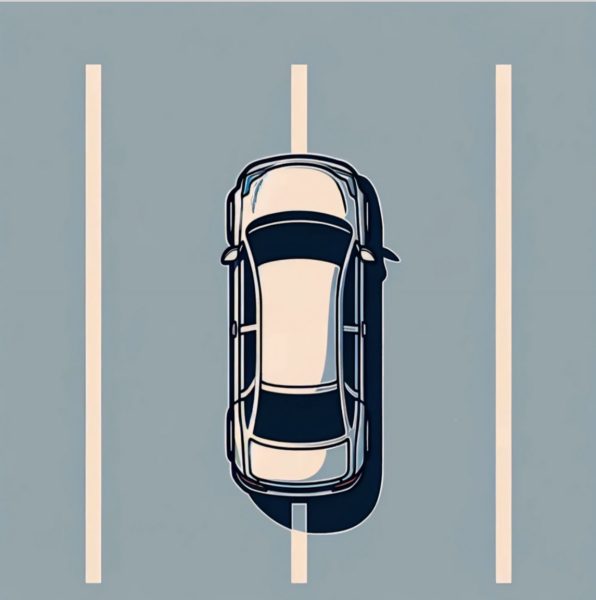Edmonds: Giving Trees
January 20, 2017
Remember “The Giving Tree”? The classic Shel Silverstein story about the tree who gave pieces of herself away to a young boy until she finally gives the boy, who has become an old man, a seat, in the form of a stump. I see many people in my life emulate the Giving Tree, providing time, emotional support and even themselves to people who give little in return. Those wonderful, self-sacrificing people end up burning out and having to refocus on self-care.
Nonetheless, across genders there are people who simply give too much. The stereotypical Case Western Reserve University student who does a million and one things is a testimony to this over-giving. They say “yes” to groups who ask for a monopoly on their time, they stick with relationships that damage their mental health, and they perform dozens of small kindnesses for people who don’t know how to give back. Our generation has been called selfish, demanding and egocentric, but looking at friends and peers, I see a deep commitment of giving to everyone: LGBT support groups, black pride movements, mental health awareness seminars, environment protection efforts and, primarily, other friends. I see this burnout most frequently in women since we’re most often asked to provide for others, often in the typical homemaker role. Even the Giving Tree is referred to as “she/her.”
Where should we stop? When do we say no? I still struggle with finding the line. Should I stick with this demanding class because a friend doesn’t want to take it alone? Should I stay up until 3 a.m. consoling a friend even though I have an early test tomorrow? Only recently have I answered these questions with “no,” and only then because I discovered that my mental health had been deteriorating because of these commitments.
But “no” is still difficult. The sense of guilt that comes with denying a person or group in need is tough to ignore. Wouldn’t I need their help if I were in the same situation? I would but the difference is I give back in return. My best friends enjoy listening to stories about my day and in return, I listen to their stories. It’s a small reciprocation but if your response to “How was your day?” has ever been ignored, you know it means a lot. Too many of our commitments don’t reciprocate. Not with acknowledgement, money, or approval but with genuine interest in our well-being.
I doubt that we commit to so many people because we’d like approval. People like CWRU students who often give so much do it because they want to make a positive impact in someone’s life. When it comes to kids, patients or other vulnerable groups, this commitment to their betterment is admirable, but, just like the Giving Tree, we extend our self-sacrificing to mutual relationships. Teachers, friends, significant others and parents exist to provide support. When we ask nothing in return from them, we hurt ourselves and our ability to help further. Burnout is rough. Depression is worse. The people in your life should be giving back.
This message is for the Givers, not Takers, no matter how good their intentions. The Giving Tree was never asked what she needed. The boy she loved only ever asked for more. I had always wished that the Tree had asked for a gift, even as little as an “I love you” from the boy or a “thank you” at least. Self-sacrificing to the point of self-depletion doesn’t help you or the person you’re giving to. All they learn is to ask for more. Don’t use yourself up on people who won’t give back; save yourself for people who love you and who deserve your love.

















